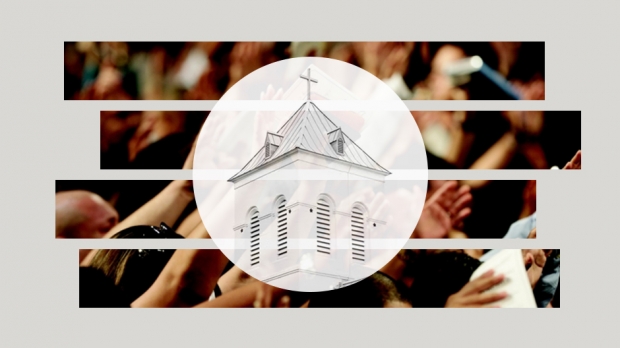The book Who Needs Theology? written by Stanley J. Grenz and Roger E. Olso starts with the theme -- “Everyone is a Theologian.”
The authors mean that every believer is an excellent theologian. Obviously, they don’t want us to overly admire theologians, but rather put our energies and attention on God and the growth in our own spiritual lives. Unless you are a muddle-headed Christian, you will think about the message regarding God and Jesus you have received. When you think, you are a theologian.
This reminds us that we have many misconceptions of theologians and diverged from the teachings of Jesus.
The reason why we believe in God and follow Jesus is that Jesus’ teachings offer us a better chance of knowing ourselves. So we don’t drift from the way of God, we reflect on his teachings and ourselves in the moment.
Whose responsibility is it when we follow false theologians from the past and who is in charge of our theology if not ourselves? So the right way is to think by ourselves because we are theologians.
The shift can be also applied to the gospel. The gospel was regarded as the good news, a necessary approach to salvation. In this way, evangelism was a lesson we must complete then we had no option but to move forward, like a mule trained with a bridle. We reduced the gospel into a simple and convenient formula, making evangelism a must-do and turned the joy of making others believers into a job for a living. The gospel became what Jesus said about,“You travel over land and sea to win a single convert, and when you have succeeded, you make them twice as much a child of hell as you are.”(Matthew 23:15)
The gospel is good news, but we only focus on the “good”, believing the gospel must bring people advantages. We changed the gospel into witnesses and evangelism into flaunting the rewards from God. The gospel became the idol we worshiped and a cheap thing which we critically lacked but freely received. We were unable to think when confronting this type of gospel.
Similar to that we fail to recognize that we are theologians, we don’t realize that we are evangelists who are fulfilling the commandment Jesus assigned.
We often forget what is the gospel. The gospel is the realistic and current hope as well as a hope that leads us to the future. Jesus says,“Come to me, all you who are weary and burdened, and I will give you rest. Take my yoke upon you and learn from me, for I am gentle and humble in heart, and you will find rest for your souls. For my yoke is easy and my burden is light.” (Matt 11:28-30)
Weary and burdened people get rest as soon as they come to Jesus. Those burdens are the burdens of daily life and religion, such as physical pain, life difficulties, the law and taboos of legalism, and suppression by the clergy. The group who belong to Jesus can help him carry his burdens. Namely, the church will help the weary person to fulfill Jesus’ promise of giving them rest.
Jesus also gives rest to those who live in the “rage”and “terror” of God under the control of the law given by the clergy. The God whom Jesus reveals is not a god who desires being pleased, but a god of silence, of meekness and humility, and slow to anger. He won’t let people live in fear and trembling. He looks at people’s efforts of obeying the law he has made as every reward or punishment has been established in his rules of nature and society. There is no need to be afraid of him or please him. Hence, men or women can walk with their religious burdens and live confidently in the world.
That is the light burden of Jesus. It can come true as long as people come to Jesus.
However, the new burden is not only at present, but also lasts. It points to the future hope and promise that there will be peace forever in the world. The burden will no longer be heavy.
The gospel includes the freedom at the moment and the beautiful promise in the future. The gospel cannot be summarized through some formulas, gospel tracts, or sermons, prayers, testimonies in the church.
The COVID-19 pandemic offers everyone a sense of realism that we live in the world, at the moment. No matter how the church claims the end time is near as evils grow more, it cannot erase reality. As a result, the church and doctrines were both silent when the pandemic broke out. The church should have shared people’s burdens, showed the power of the gospel, and been meek and humble, but it kept silent in face of the pandemic.
Except facing the unseen heaven and spiritual practices with fervor, the church remains silent in the current world.
The church does not walk the way which Jesus took. The gospel after the pandemic needs to return to Jesus, his teachings, and promises.
The gospel is more than a message and the “good.” The gospel relates to the church, individuals, the world, and the future. The gospel makes the world a better place. Beauty needs the involvement of everyone and every church.
So the best way to change a Christianity that has been marginalized lies in reconstructing the gospel of Jesus.
- Translated by Karen Luo











